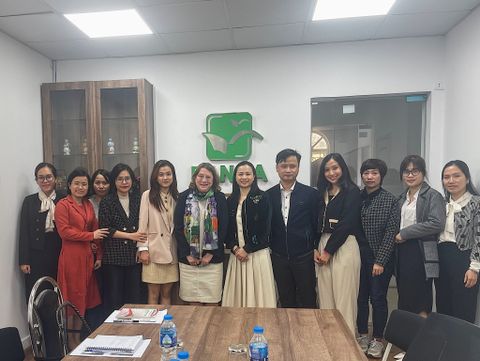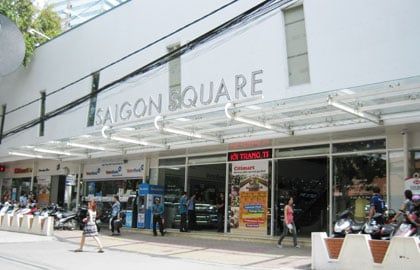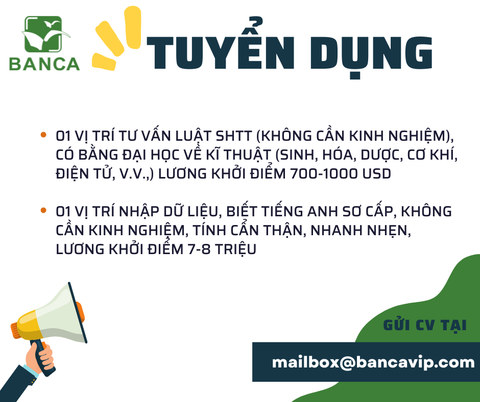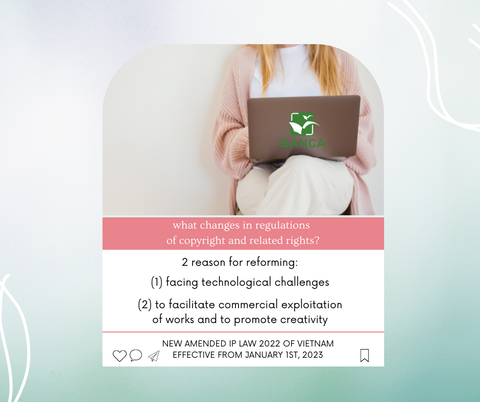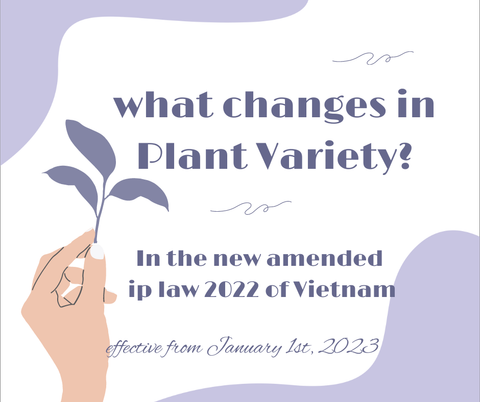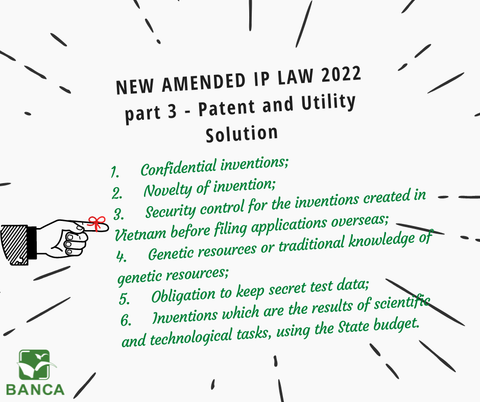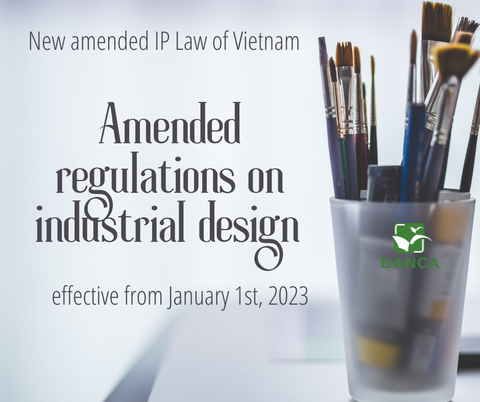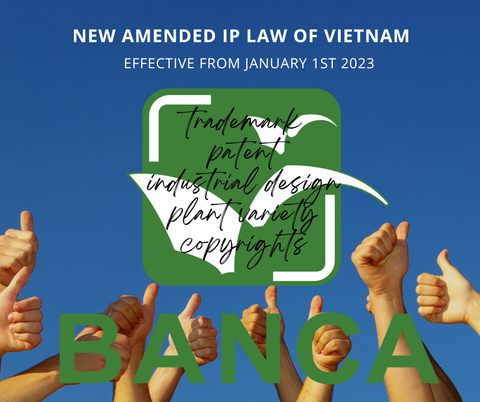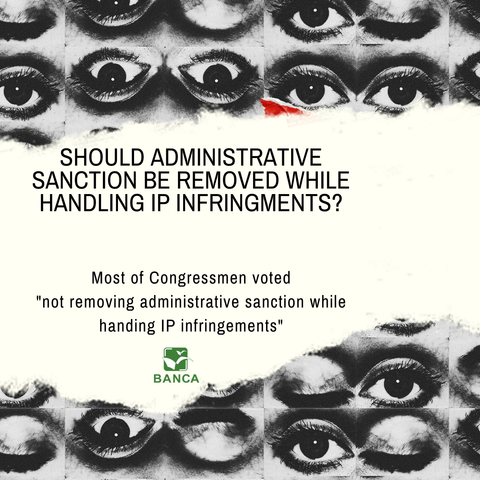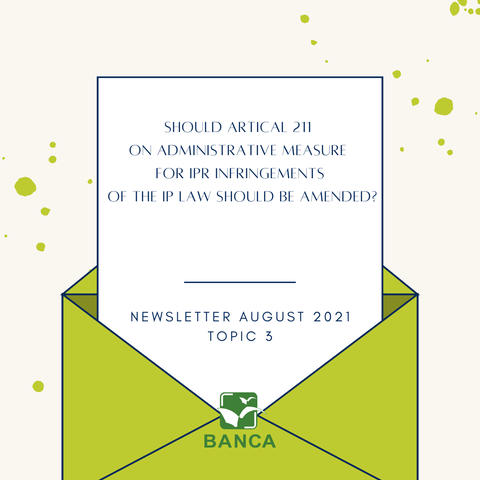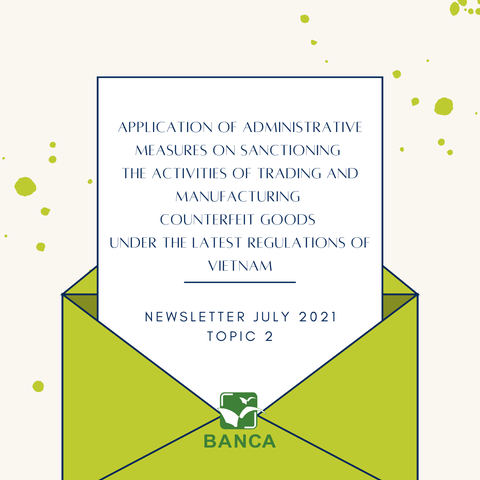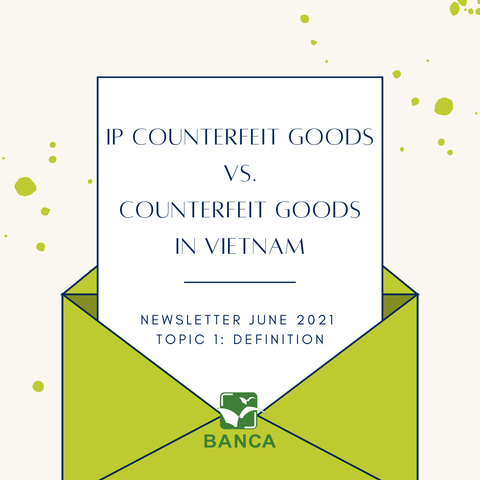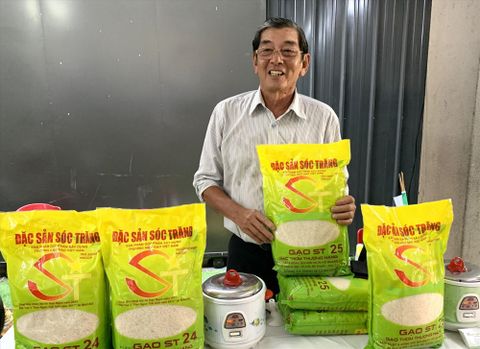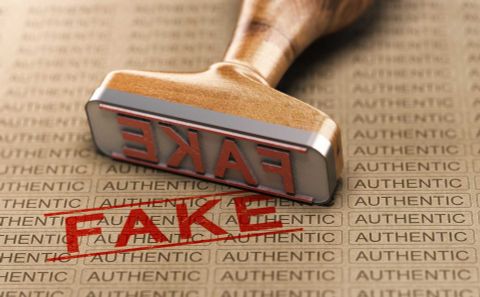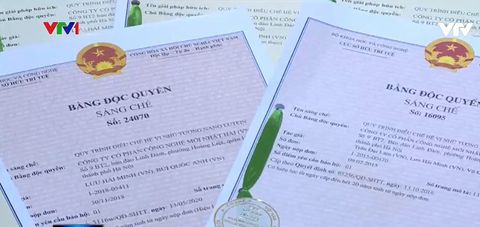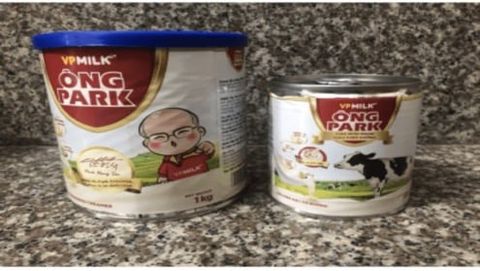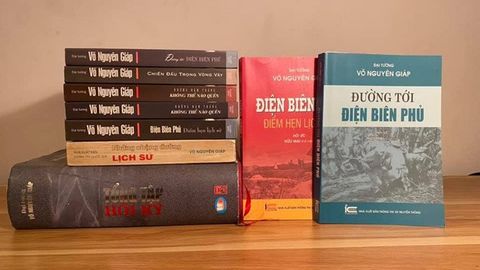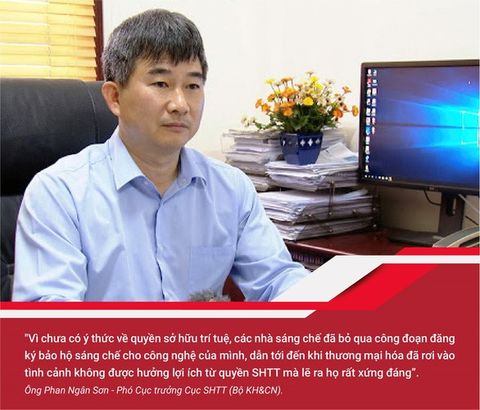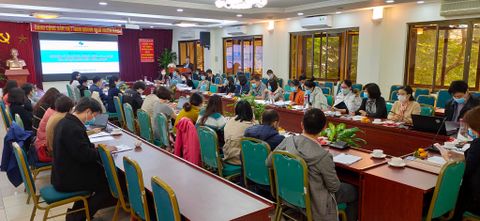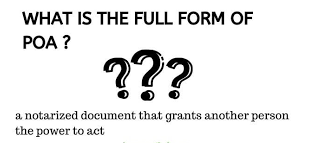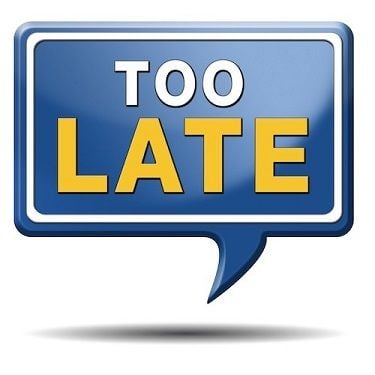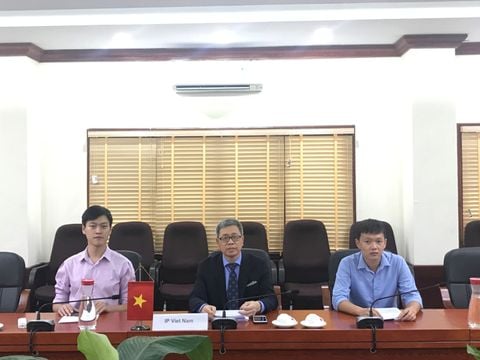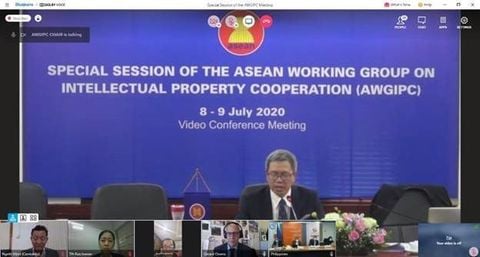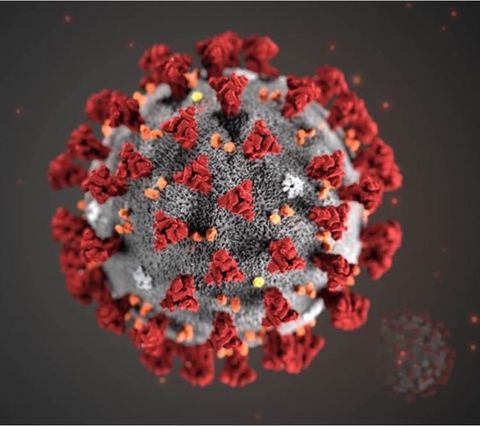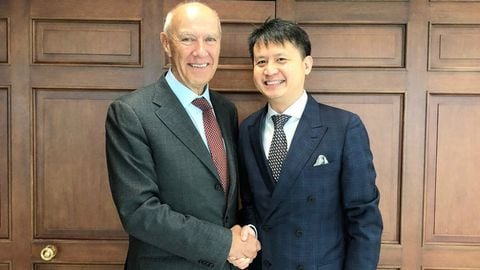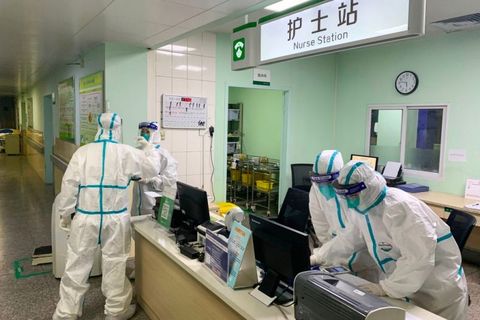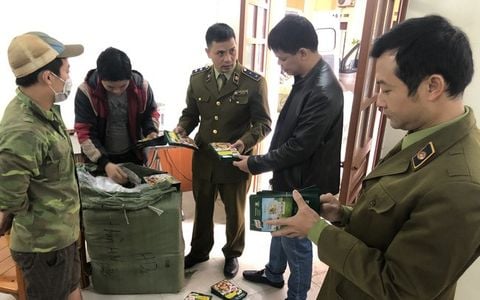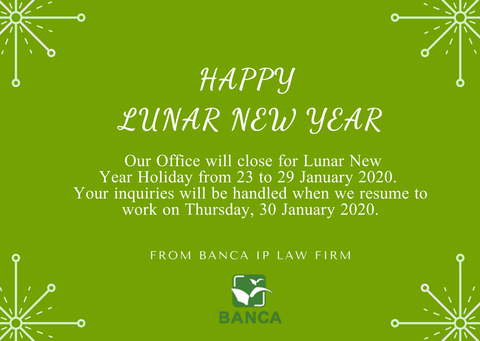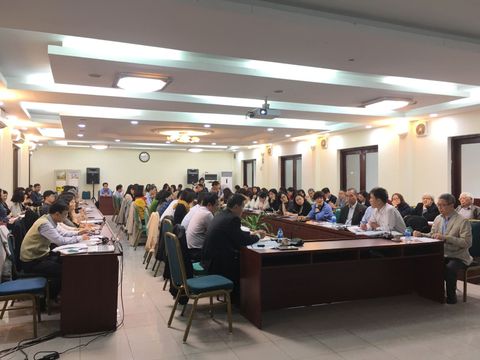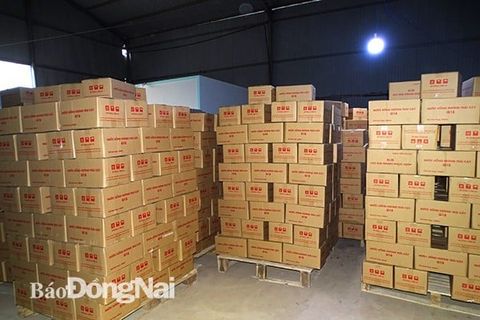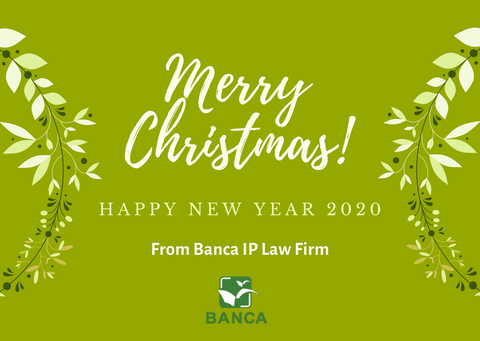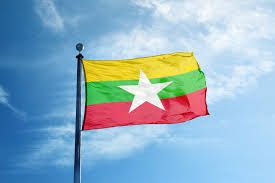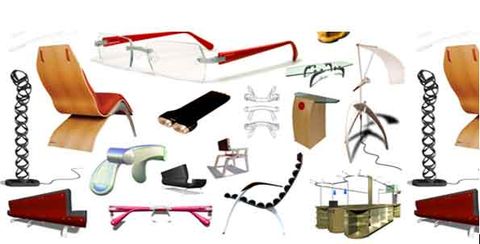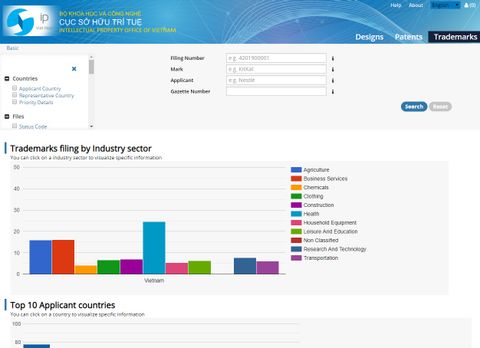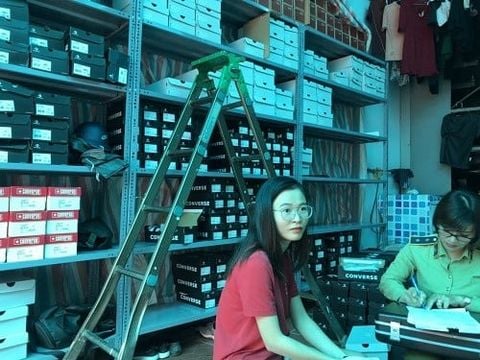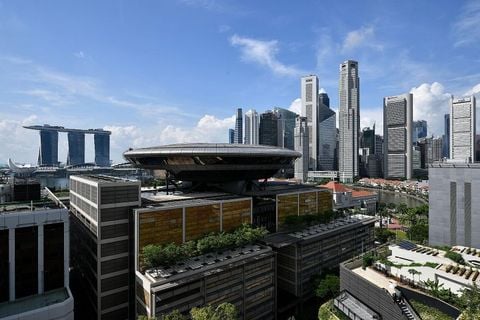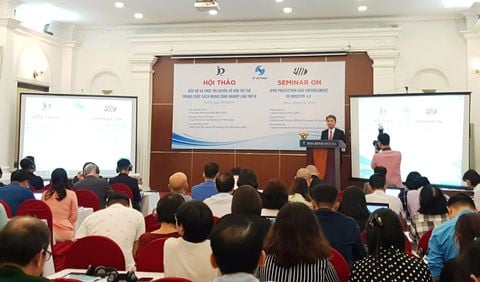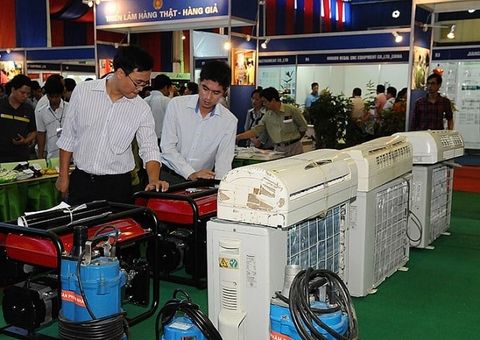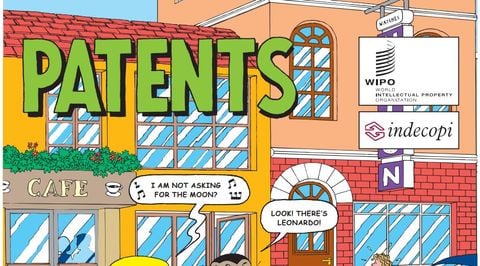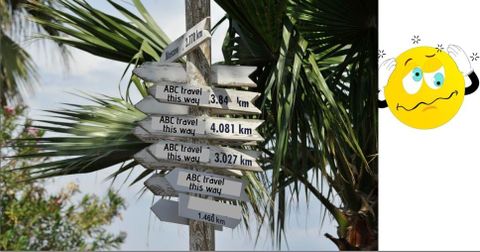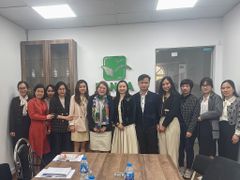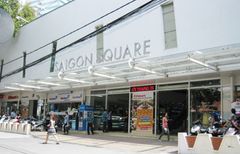
Date: 07-12-2018 by: Banca IP Law Firm
Regulations on Industrial properties infringement under Vietnam IP Law
1, Definition of industrial property right under Vietnam IP Law
According to Article 4.4 of the amended Vietnam Intellectual Property 2009: “Industrial property rights are the rights of organizations, individuals to inventions; industrial designs; layout-designs of semiconductor integrated circuits; trademarks; trade names, geographical indications, business secrets created or owned by them and rights to repression of unfair competition”.
2, What are the grounds to establish industrial properties rights according to Vietnam IP Law?
Under Article 6.3 of 2005 Vietnam intellectual property law, amended and supplemented in 2009, intellectual property rights in Vietnam shall be established based on:
a) Industrial property rights in inventions, industrial designs, layout-designs, marks, geographical indications shall be established on the basis of the competent state authority’s decision on the grant of Protection Title in accordance with registration procedures stipulated in this Law or on the recognition of international registration under international treaties to which the Socialist Republic of Vietnam is party; in terms of for well-known marks, the ownership rights shall be established on the basis of use independently from registration procedures.
b) Industrial property rights to trade names shall be established on the basis of the lawful use of the trade names.
c) Industrial property rights in business secrets shall be established on the basis of legal acquirement and secret keeping of the business secrets;
d) Right to repression of unfair competition shall be established on the basis of competition in business.
3, Regulations on industrial properties infringements under Vietnam IP Law
| Matter | Extracted law |
| What can be considered as infringements of inventions, industrial designs and trade secrets? | Article 126. Acts of infringement of rights to inventions, industrial designs and layout designs The following acts shall be regarded as an infringement of the rights of the owner of an invention, industrial design or layout design:
Article 127. Acts of infringing the rights to business secrets The following acts shall be considered as an infringement of the rights to a business secret: a) Accessing or acquiring information embodied in a business secret by taking acts against secret-keeping measures taken by the lawful controller of the business secret; b) Disclosing or using information embodied in a business secret without permission of the owner the business secret; c) Breaching secret-keeping contracts or deceiving, inducing, bribing, forcing, seducing or abusing the trust of persons in charge of secret-keeping in order to access, acquire or disclose a business secret; d) Accessing to or acquiring information embodied in a business secret, that is submitted by another person under procedures for granting a license of business or marketing in respect of a product, by actions against secret-keeping measures taken by competent agencies; dd) Using or disclosing business secret, while knowing or being obliged to know that it has been acquired by another person engaged in one of the acts referred to in subparagraphs a, b, c and d of this paragraph; e) Failure to perform the obligation of secret keeping provided for in Article 128 of this Law. 2. The lawful controller of a business secret referred to in paragraph 1 of this Article shall include the owner, his or her lawful licensee or manager of the business secret. |
| What can be considered as infringements to trademarks, commercial name, and geographical indications? | Article 129. Acts of infringing the rights to marks, trade names and geographical indications 1. The following acts if performed without permission of the mark owner shall be considered as infringement of the rights to the mark: a, Using signs identical with a protected mark for goods or services identical with those in the list registered with the mark; b, Using signs identical with a protected mark for goods or services similar or related to those in the list registered with the mark if such use is likely to cause confusion as to the origin of the goods or services; c, Using signs similar to a protected mark for the goods or services identical with, similar or related to those in the list registered with the mark, if such use is likely to cause confusion as to the origin of the goods or services; d, Using signs identical with or similar to a well-known mark, or signs in the form of translation or transliteration of a well-known mark, for any goods or services, including those dissimilar or unrelated to the good or service having the well-known mark, if such use is likely to cause confusion as to the origin of the goods or services or wrong impression as to the relationship between the user of such signs and the well-known mark owner. 2. Any act of using commercial indications identical with or similar to another person’s trade name having been used before for the same or similar goods or services that causes confusion as to business entities, business premises or business activities under the trade name shall be considered as infringement of the rights to the trade name. 3. The following acts shall be considered as infringement of the rights to a protected geographical indication: a, Using the protected geographical indication for products that do not satisfy the peculiar characteristics and quality of the product having the geographical indication although such products originate from a geographical area bearing such geographical indication; b, Using the protected geographical indication for products similar to the product having the geographical indication for the purposes of taking advantage of its reputation and goodwill; c, Using a sign identical with or similar to the protected geographical indication for products not originating from the geographical area bearing the geographical indication and therefore causing consumers mislead about the products originating from that geographical area; d, Using a protected geographical indications of wines or spirits for the wines or spirits that are not originating in the territories corresponding to the geographical indication, even where the true origin of goods is indicated or the geographical indication is used in translation or transcription or accompanied by such words as “kind”, “type”, “style”, “imitation” or the like. |
| What is deemed as unfair competition? | Article 130. Acts of unfair competition 1. The following acts shall be acts of unfair competition: a) Using commercial indications that cause confusion as to business entities or business activities or commercial source of goods or services; b) Using commercial indications that cause confusion as to the origin, production method, feature, quality, quantity or other characteristics of goods or services; or as to the conditions for the provision of goods and services; c) Using a mark being protected in a country which is party to an international treaty to which the Socialist Republic of Vietnam is a party under which provisions, the representative or agent of the mark owner is prohibited from using the mark, if the user was a representative or agent of the mark owner and such use was neither consented to by the mark owner nor justified; d) Registering or possessing the right to use or using a domain name identical with or confusingly similar to a protected trade name or mark of another person, or a geographical indication that one does not have the right to use, for the purpose of possessing the domain name, benefiting from or prejudicing reputation and goodwill of the respective mark, trade name and geographical indication. 2. The commercial indications referred to in paragraph 1 of this Article mean signs, information serving as guidelines to trade of goods and services, including marks, trade names, business symbols, business slogans, geographical indications, package designs, label designs, etc. 3. Use of commercial indications referred to in paragraph 1 of this Article shall include any act of affixing such commercial indications on goods, packaging, service means, business transaction documents and advertising means; selling, advertising for sale, storing for sale and importing goods affixed with such commercial indications. |
4, What are the rights of industrial properties owners under Vietnam IP Law if infringements are found out?
According to Article 125, IP right owner has the right to protect himself and the right to prevent others from using the objects of industrial property.
